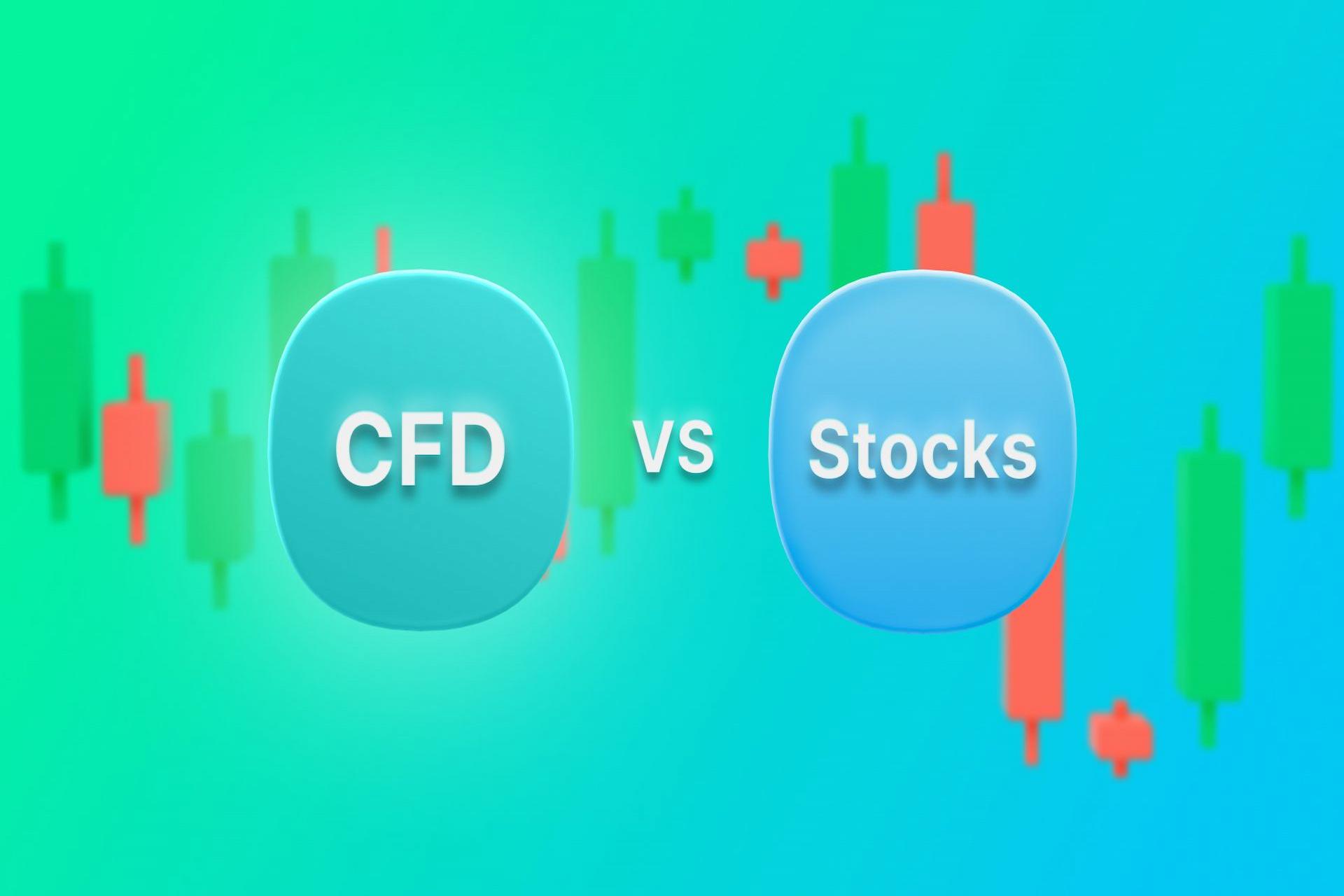You’ve entered a promising trade, but the market takes an unexpected turn. Your heart races, and a voice in your head tells you to hold on just a little longer, hoping for a recovery. Or perhaps you’re riding a wave of profits and decide to double down, only to see the market reverse. If any of this feels familiar, you’ve already encountered the role of psychology in Share CFDs. Success in trading isn’t just about strategy or market analysis, it’s about mastering your mindset.
Why Trading Psychology Matters
While technical skills and market knowledge are crucial in Share CFDs, psychology often plays an even bigger role. The financial markets are unpredictable, and traders constantly face the challenge of managing uncertainty and emotions like fear, greed, and impatience. Without psychological discipline, even the best trading strategies can falter.
For example, fear can prevent traders from taking well-calculated risks or lead to prematurely closing a winning trade. On the flip side, greed can push traders to overleverage or hold onto positions far too long, hoping for even greater profits. Developing a balanced mindset is essential to navigate these challenges effectively.
Common Psychological Challenges in Share CFD Trading
Fear of Losing
The fear of loss is one of the most common emotional hurdles for traders. It often leads to hesitation, overanalyzing, or avoiding trades altogether. Traders may also move stop-loss levels further away, unwilling to accept the loss, only to incur even greater damage to their account.
Greed and Overconfidence
When trades go well, it’s easy to feel invincible. Greed and overconfidence can lead traders to take excessive risks, such as increasing position sizes beyond their risk tolerance or entering trades without proper analysis. This often results in significant losses when the market inevitably turns.
Impatience and FOMO (Fear of Missing Out)
Impatience pushes traders to chase trades that don’t align with their strategy, simply because they’re eager to take action. Similarly, FOMO drives traders to enter positions late in the trend, often at unfavorable prices, out of fear they’ll miss out on potential profits.
Emotional Trading
Reacting emotionally to market fluctuations is a surefire way to derail your strategy. Whether it’s revenge trading after a loss or becoming overly cautious after a winning streak, emotional trading leads to inconsistency and poor decision-making.
Strategies for Overcoming Psychological Challenges
- Develop and Stick to a Trading Plan – A well-defined trading plan is your roadmap to success. It should include your entry and exit criteria, position sizing, and risk management rules. By having a clear plan, you reduce the influence of emotions on your decisions. Sticking to this plan, especially during volatile markets, is key to maintaining discipline.
- Accept Losses as Part of the Process – Losses are an inevitable part of trading, and accepting this reality can help you manage fear. Focus on the bigger picture—your overall profitability over a series of trades, not just individual wins and losses. Keeping a risk-to-reward ratio of at least 1:2 ensures that even if some trades result in losses, your winners outweigh them.
- Set Realistic Expectations – Many traders enter the market with unrealistic goals, expecting to double their account in weeks. This mindset often leads to overtrading or excessive risk-taking. Setting achievable targets helps you stay grounded and reduces the pressure to force trades.
- Take Breaks and Manage Stress – Trading is mentally demanding, especially when markets are volatile. Taking regular breaks helps you maintain focus and avoid burnout. If you feel overwhelmed after a series of losses, step away from the screen to regain perspective before returning.
- Use Risk Management Tools – Using stop-loss orders and position sizing strategies can help you manage fear and greed. Knowing your maximum potential loss before entering a trade provides a sense of control, reducing emotional reactions to market movements.
- Keep a Trading Journal – Documenting your trades is one of the most effective ways to improve your trading psychology. Record not just your entry and exit points, but also your thought process, emotions, and outcomes. Reviewing your journal regularly allows you to identify patterns in your behavior and refine your approach.
The psychology of Share CFDs are as important as the technical skills and strategies you bring to the table. Emotions like fear, greed, and impatience are natural, but learning to manage them effectively can make the difference between success and failure. By developing a disciplined approach, focusing on continuous improvement, and building emotional resilience, you can navigate the challenges of trading with confidence. In the end, mastering your mindset is the key to unlocking your full potential as a trader.


Leave a Reply
You must be logged in to post a comment.